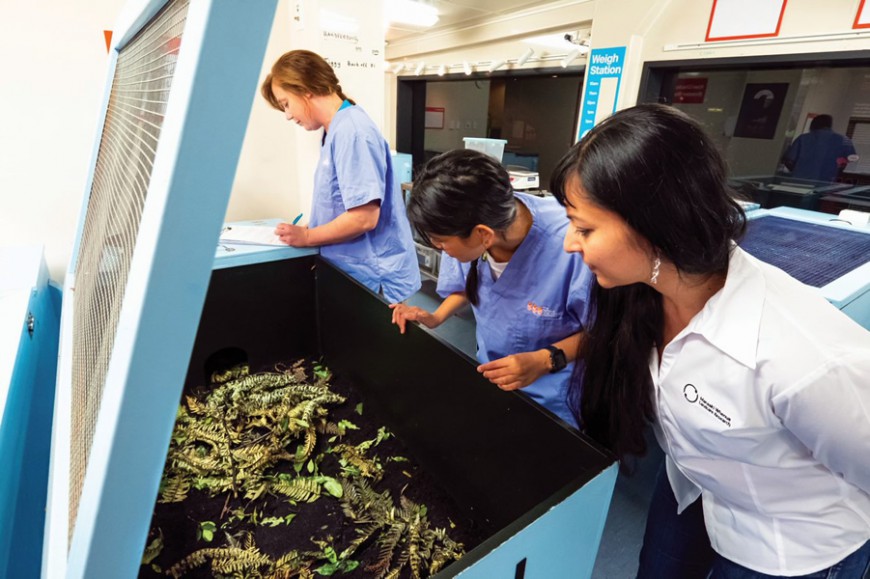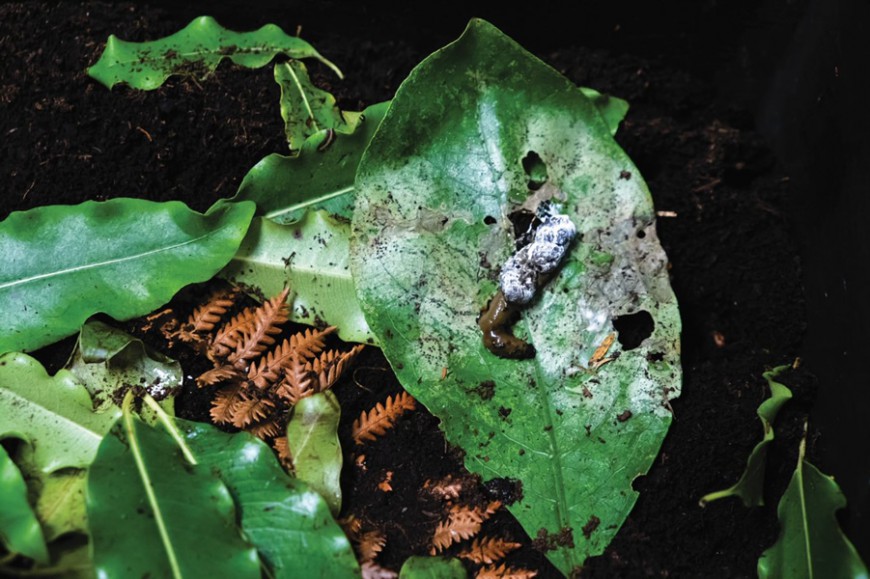Gut flora could hold key to kiwi survival
Brown kiwi (Apteryx mantelli) are highly vulnerable to extinction in the wild, with populations currently in serious decline. Even though ongoing conservation efforts such as Operation Nest Egg have increased their survival rate, the stress of captivity and the high density of chicks
co-habiting still puts them at risk of disease, especially from the potentially lethal coccidia parasite.
Dr Manpreet Dhami and other Manaaki Whenua researchers are tracking over 40 birds through different life stages at the National Kiwi Hatchery Aotearoa in Rotorua by monitoring their faeces.
The aim is to build a deeper understanding of the biology and physiology of kiwi living in captivity in order to understand how the captive environment is shaping the microbial communities in the gut of the kiwi. The research will guide best practice for looking after kiwi in captive breeding programmes across Aotearoa and around the world.
The research is funded by the Strategic Science Investment Fund (SSIF), with supplementary funding from the Ornithological Society of New Zealand. The National Kiwi Hatchery is owned by Ngāi Tahu Tourism.
Key contact

Manpreet Dhami
Senior Researcher - Molecular Ecology and Research Priority Area Leader
Biocontrol & Molecular Ecology
Contact


